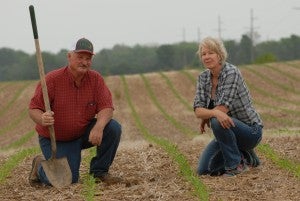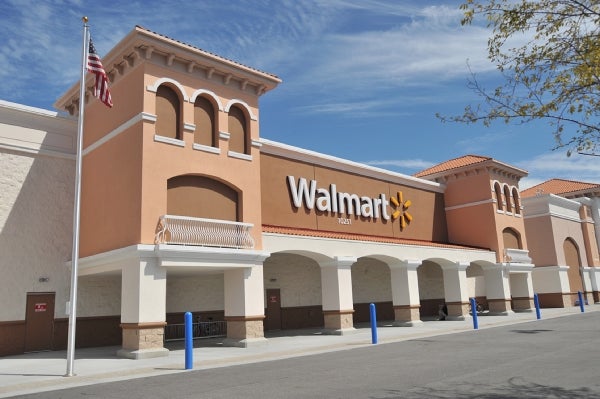Findings from a recent Soil Health Institute study add to growing evidence that soil health practices can provide financial benefits to farmers.
The Soil Health Institute, with support from Cargill, interviewed 100 farmers across nine states to measure the farm budget impacts of soil health practices.
“I believe this work is a critical area and critical question that we need to better address as we look at scaling up of soil health principles,” said Ryan Sirolli, Global Row Crop Sustainability Director at Cargill, during a webinar hosted by the Soil Health Institute. Read More











 Today represents a huge advancement for sustainable agriculture, and a new era of food company collaboration. At the Farm Progress Show in Boone, Iowa, we are officially launching
Today represents a huge advancement for sustainable agriculture, and a new era of food company collaboration. At the Farm Progress Show in Boone, Iowa, we are officially launching 
